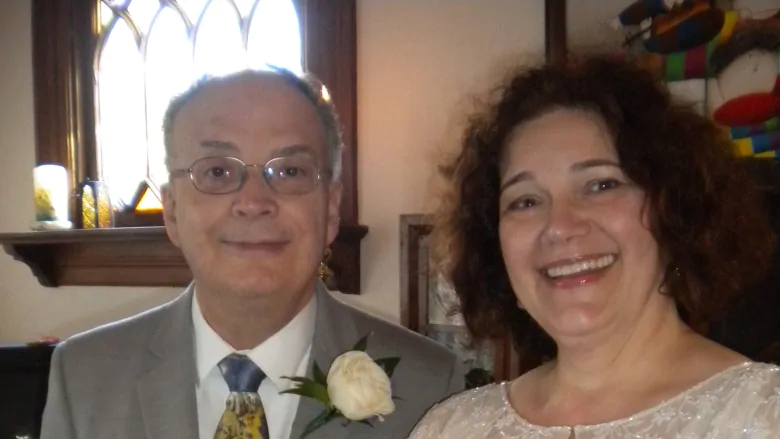She was his translator and girlfriend, and later his wife. Two decades later, the federal government is calling her something else: a spy.

He was a Canadian consultant working on a humanitarian project to build homes for demobilized Russian soldiers in the ruins of the former Soviet Union.
She was his translator and girlfriend, and later his wife. Two decades later, the federal government is calling her something else: a spy.
A Federal Court justice in Ottawa will hear arguments Wednesday in the extraordinary case of David and Elena Crenna.
She has been deemed inadmissible to Canada by an immigration adjudicator who sided with a border agency assessment that concluded she helped the Russian security service spy on the housing project in the mid-1990s.
“I can only laugh. I should think the Canadian government should have better things to do,” Elena Crenna said in a Skype interview Tuesday from Russia. “They have nothing else on their plate than chasing me?”
A make-work project for ex-soldiers
The story began in 1994 when David Crenna, a Canadian citizen, ex-civil servant and policy adviser to former prime minister Pierre Trudeau, worked on a demonstration housing program in Tver, a city located 182 kilometres northwest of Moscow.
Former Russian soldiers were taught to build wooden frame houses under a program, funded by the Canada Mortgage and Housing Corporation and the World Bank, which aimed to give them skills to compete in the emerging market economy.
While doing translation and marketing for the course, Elena said, she was approached by an agent of SVR (formerly known as the KGB and later the FSB) who wanted to know what the Canadians were doing.
With David

